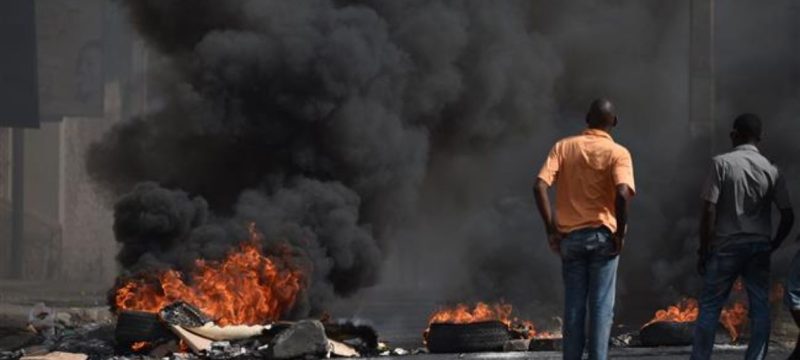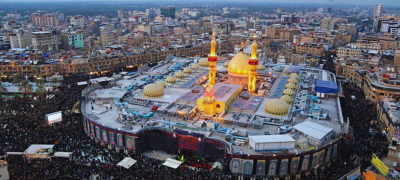In Angola’s capital, Luanda, fear still lingers months after deadly protests shook the streets. Many residents remain hesitant to speak openly about the events that unfolded in July. The demonstrations, sparked by soaring fuel prices, quickly spiraled into violence that left lasting scars.
The protests began with taxi drivers calling for action against the steep rise in fuel costs. Within days, the unrest spread beyond Luanda into other provinces, highlighting deep frustrations over the economic situation. For many, daily survival has become increasingly difficult as the cost of living continues to rise.
Authorities confirmed that at least 30 people were killed during the three days of unrest. Thousands of others were arrested, with some still facing legal action. Human rights groups have criticized the government’s response, calling it heavy-handed and a violation of basic freedoms.
Witnesses described how security forces used tear gas and live ammunition to disperse crowds. Families of victims are still mourning, while others fear further reprisals if they speak out. “The hungry can’t stay silent,” one protester said, summarizing the desperation that fueled the anger.
Angola is Africa’s second-largest oil producer, yet many citizens struggle to meet basic needs. The fuel price increase was the tipping point for people already battling unemployment, high inflation, and limited access to public services. Critics argue that wealth from the country’s oil sector has not translated into better living standards for most Angolans.
The government defended its actions, insisting that order had to be restored to prevent greater instability. Officials also blamed “outside influences” for stirring unrest. However, analysts believe the protests were a direct result of growing inequality and frustration with slow reforms.
International observers have urged Angola to address the root causes of the crisis. They stress the importance of tackling corruption, improving social services, and creating jobs to ease the pressure on households. Without meaningful change, experts warn that similar protests could erupt again.
For many in Luanda, the memory of July remains painful. Families who lost loved ones are still seeking justice, while communities continue to fear speaking about the events. The tragedy has underscored how rising living costs and political tensions can combine to create explosive unrest.
The phrase “the hungry can’t stay silent” has become a symbol of the protests, echoing the struggles of ordinary Angolans. The deadly demonstrations highlighted the fragile balance between economic hardship and political stability in a country still rich in resources but poor in equality.
For more on global media rights and the full findings, read the latest news on : Tests confirm Navalny was poisoned in jail, widow claims







